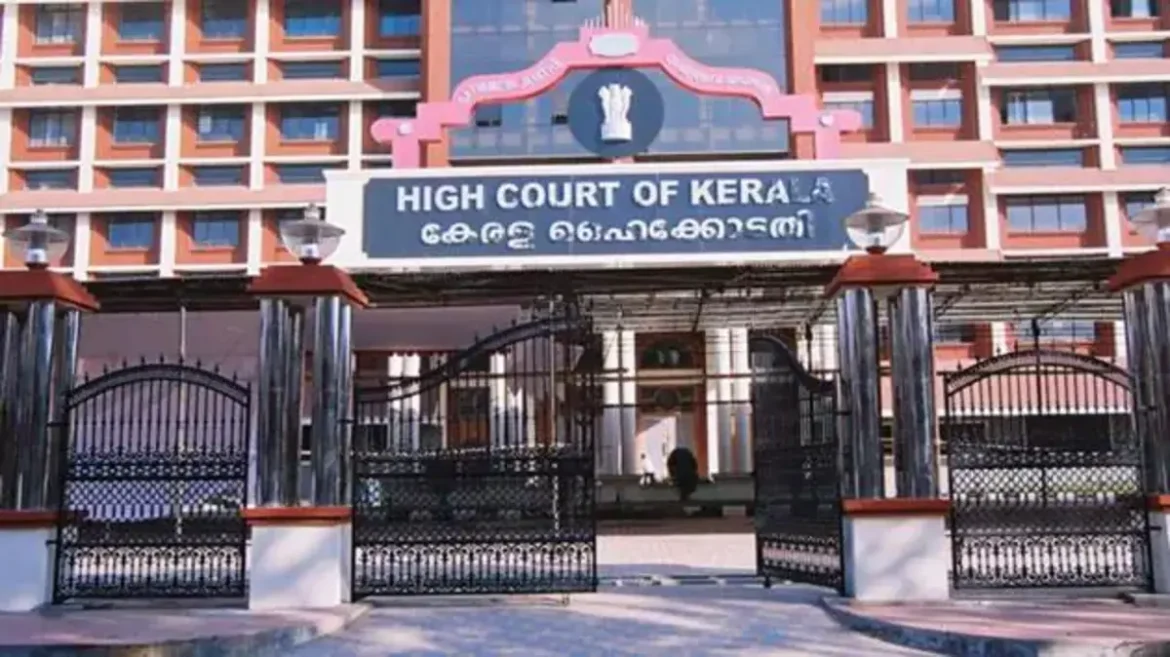In a recent legal development, the Kerala High Court addressed concerns related to the Vidyarambham ceremony, which initiates children into the world of letters. The court’s observations and rulings are centered on the principles of free thought and freedom of belief.
Justice Devan Ramachandran’s Observations
Justice Devan Ramachandran, while handling a writ petition, made significant observations that highlight the essence of preserving individual freedoms in matters of belief and expression. His key points are as follows. Justice Devan Ramachandran emphasized that the act of compelling or inducing children to recite prayers contrary to their parents’ choice is in direct opposition to the principles of free thought and freedom of belief.
Religious Pluralism in India
The court recognized India’s rich tapestry of religious diversity and its historical commitment to pluralism. The judgment acknowledged India as a land of religious pluralism, an essential element that defines the nation’s identity. India’s history is marked by the seamless integration of varied philosophies, beliefs, and cultural ethos, fostering coexistence over several centuries.
Respect for Individual Choices
The court’s decision emphasized the significance of respecting individual choices within the Vidyarambham ceremony. The Mattannur municipality and its library committee were directed to conduct the ceremony while honoring the individual choices made by parents.
The court cautioned that any actions by the municipality or library committee that undermine the constitutional fabric ingrained with liberty, including thought, expression, belief, faith, and worship, cannot be tolerated.
Assurance from the Municipality and Library Committee
The court recorded the assurances provided by the legal representatives of the municipality and library committee. Both entities assured that there would be no compulsion on parents to participate in the program or to engage in reciting or writing prayers that contradict their beliefs.
Freedom of Choice for Parents
The court’s ruling affirmed the autonomy of parents in selecting prayers aligned with their beliefs for their children. Parents who wish to have their children participate in the program can choose prayers from the application form or select any other prayer that aligns with their personal beliefs. It was made clear that the library committee is responsible for ensuring compliance with the choices made by parents, reinforcing the importance of individual liberty and freedom of belief.
Winding it up
In conclusion, the Kerala High Court’s judgment highlights the paramount importance of preserving freedom of belief and thought within the Vidyarambham ceremony. It underscores the significance of respecting individual choices and upholding India’s tradition of religious pluralism while reaffirming the constitutional values of liberty and respect for individual faiths.


